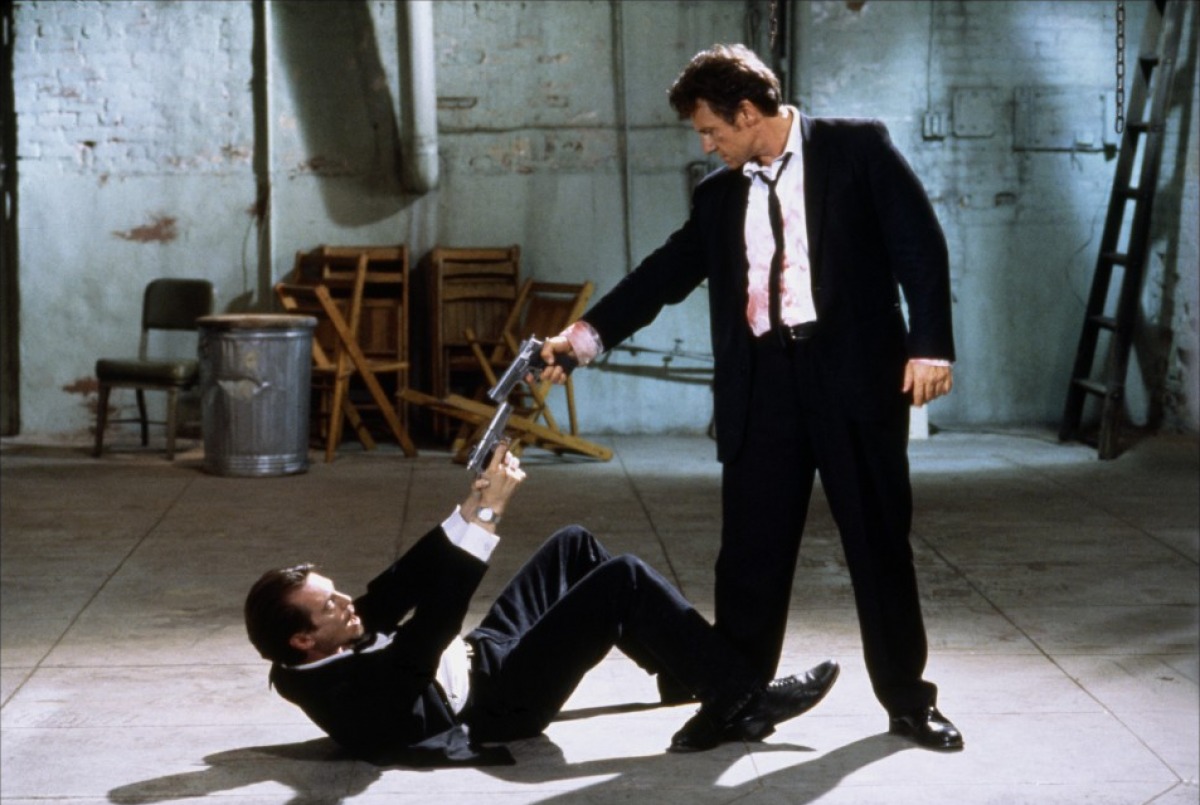
Sometimes I feel a bit like a man with no country. I refuse to pick a “side” for a variety of reasons, from the view that life is way more complex than can possibly be represented by two choices to the conviction that both “sides” are trapped in the same authoritarian box. For a time I saw this as a deficit since it meant that I had no standing with either side. I can’t claim to be “one of them” and then try to change them from the inside.
That seemed a rather hopeless position, so I’ve been pondering how being a non-voter / non-party member could be an asset to help those that do vote and are in parties make better decisions so at a minimum you all don’t make things worse for me and the people I care about. It seems to me what I can do is notice and point out patterns I see in common between both sides; behaviors that both sides exhibit, strategies that one side is pursuing that other should or goals that both sides share in common but because they see themselves as opposed can’t see on their own.
For this to be effective, I’m going to need some help though. I’m going to need to find some people that identify as right or left and are accepted as such by those groups to help me refine the identification of these patterns and then share the ideas within their groups. While it may be true that “A prophet is not without honor except in his own town, among his relatives and in his own home,” it seems to me that the in-group vs. out-group feelings are so strong right now that anyone who’s not clearly in will be rejected out of hand. It’s going to take people already in the group to start to change hearts and minds.
Here’s an example of a strategy that I see the left pursuing that I think those on the right need to mirror: calling out and excising the more extreme, less logical elements. I know most on the right feel like they “won” (although with a strange undercurrent of shame, perhaps driven by fear of the PC elements that the some on the left are calling out) so it’s hard to focus on improving, but I see this as critical to return to some more normal and productive form of discourse.
The first example I saw of this was from Sam Harris on his post election reaction podcast. Dr. Harris has been an outspoken critic of Trump leading up to the election, so this talk is full of shock and emotion, but he also points out some of the specific failings on the left that allowed Trump to win. He points to safe spaces and trigger warning as examples of an over reaching political correctness that pushed tolerance to the point of intolerance.
Nicholas Kristof provides another example in his NYT Op-Ed, published all the way back in May. Clearly not a reaction to the election results, but still on point. He starts the article with the story of George Yancy a sociologist who is also an evangelical christian. Yancy says he feels “problems” being black outside of academia, but “problems” being Christian inside of it. Kristof cites other examples of intolerance of the right in academia:
One peer-reviewed study found that one-third of social psychologists admitted that if choosing between two equally qualified job candidates, they would be inclined to discriminate against the more conservative candidate.
In these two example I see the left starting to identify elements that have gone too far and are incompatible with its core ideology. I think the right needs to do the same. Thought leaders on the right need to call out the racists, misogynists, xenophobes and others who also go too far in their intolerance. The should have an easier time of it than those on the left, since the ideas they are calling out are so clearly intolerant, not draped in the facade of tolerance like the ideas on the left. If there are some leaders on the right that are taking this on, I applaud them, but in my searching I couldn’t find them.
One commonality I see on the left and the right is a yearning for freedom. Freedom to marry who they want. Freedom to do what they want with their property. Freedom to be the authors of their own lives. Freedom requires tolerance since the goals and strategies you have may be different than your neighbor. If you are both going to be free you need to tolerate your neighbor up and to the point that they are limiting the pursuit of your freedom. The point that both sides are missing in all this is that a spirit of tolerance is nearly impossible within a regime of force. Tolerance dies when subjected to force as demonstrated with the mutation of the left’s tolerance into intolerance and in the right’s intolerant reaction. If we can figure out a way to replace force with free association (which includes the ability to freely disassociate) then the marketplace of ideas will ensure that we can experience the freedom that we all are seeking.
Leave a Reply